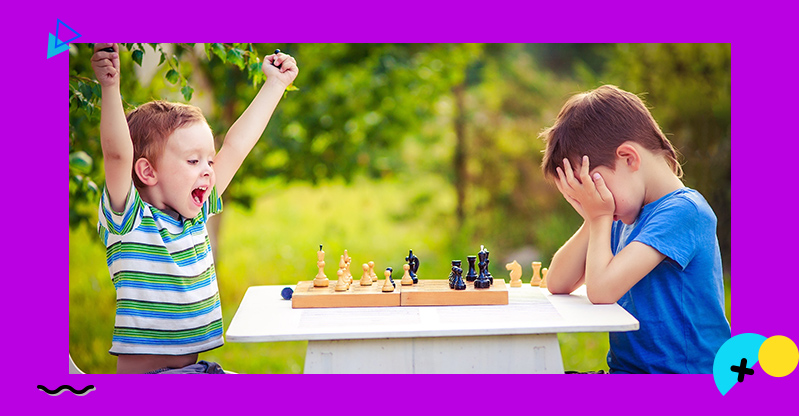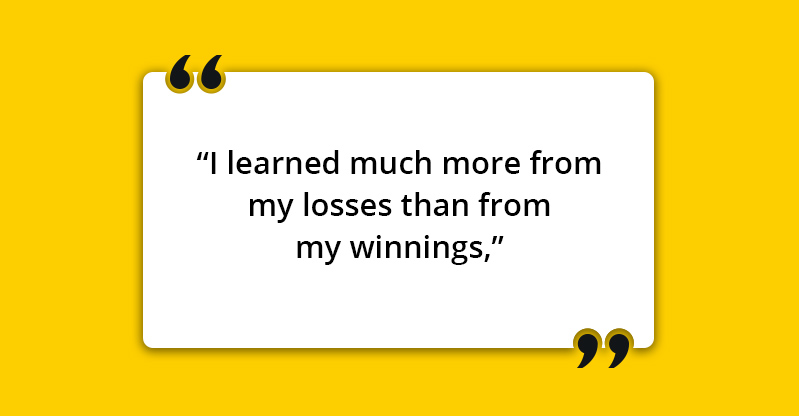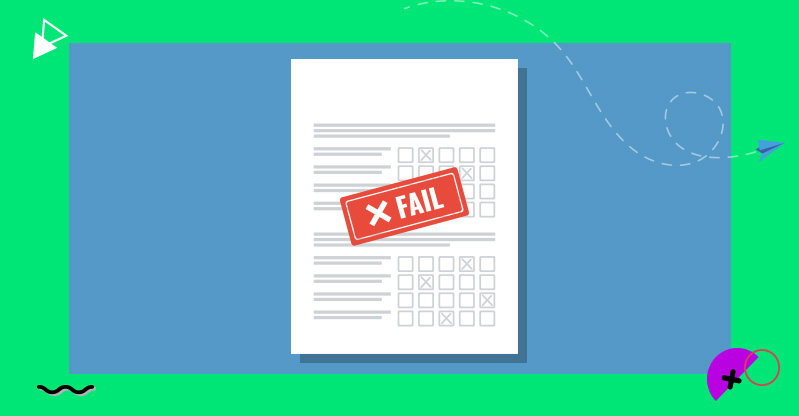Nobody likes losing. When a kid loses a game, they may worry that something is wrong with them personally, that they failed, or that they’re just going to be bad at something no matter how much they try.
Losing with dignity is an important life skill; when a child learns how to lose in a safe setting, they’re better able to cope when they make a mistake in the real world. Children who learn how to lose with dignity also realize that winning isn’t everything. They’re less likely to cheat and win at all costs. They’re also better able to realize that losing doesn’t make them a failure — it’s just part of life.
Learning to lose, however, isn’t always pleasant for young children. Fortunately, there’s an easy way to teach children how to lose gracefully: the game of chess.

Why is learning to lose an important skill in chess?
Losing is a big part of chess. Even someone who wins a game must cope with losing; in order to achieve a checkmate, a player must sacrifice pawns and other pieces on their way across the board. There’s almost no way to win without losing some pieces to an opponent.
According to Daniel Juli, the developer of Tekkie Uni’s new chess course for 6-9 year-olds, learning to lose well is an important part of learning how to play chess. The first step in teaching a kid to lose with dignity, he says, is making sure that they know that losing and making mistakes is all a natural part of the game – not a personal failing.
“I was losing to my grandpa for 5 or 6 years before I had one win,” says Juli, who is a professional chess player.
Mistakes might make a child feel like they failed, but they are valuable, he said — no one can learn if they don’t make mistakes. Kids in the online course play multiple games against one another; this helps them in many ways. There are several games, so kids will get to experience both winning and losing, rather than pouring all their hopes into one game. They also are taught to notice their mistakes and use those mistakes to improve their next game. Losses, says Juli, often teach students more than their wins — kids learn patience, analytical thinking, and self-confidence when they see a mistake and are able to improve their game because of it.
“I learned much more from my losses than from my winnings,” he said.

How does chess teach kids how to lose?
The first step in teaching kids how to lose well, says Juli, is to create an environment that helps kids feel better about losing. Some of this is built right into the culture of chess.
For example, before and after every game, the players shake hands, showing each other respect, just as they would in a sport. Juli does his best to create the same sort of ritual online.
“We can’t exactly shake hands online, but we open each tournament saying good luck to our opponent,” he said.
At the end of the match, he asks them to say things like “it was a good game”, or if a student won, “I was lucky to see your mistake and use it to my benefit.”
That respect between players means that children are always asked to recognize and compliment their opponent on their good moves, no matter how the game ended or who won. That means the winner is complimenting the loser on their best moves, and the loser is recognizing the winner’s good moves as well.
This sort of approach ensures that both kids are recognized for what they did well in the match. It also keeps the winner humble; they can’t focus too much on their win (or become arrogant) if they’re also complementing their opponent’s successes.
In other words, learning to lose also helps kids win with dignity.
It’s also important to model losing for kids. Juli likes to tell his students that even though he’s a teacher, he still has his own Chess instructor. This amazes his students, but Juli is devoted to improving his game and learning from his own mistakes. This is also a big part of teaching kids to lose — when they see that a trusted adult is okay with losing, they don’t feel so bad about losing themselves.
Register your child now for Tekkie Uni’s Chess for Children course and get two trial lessons for free!






